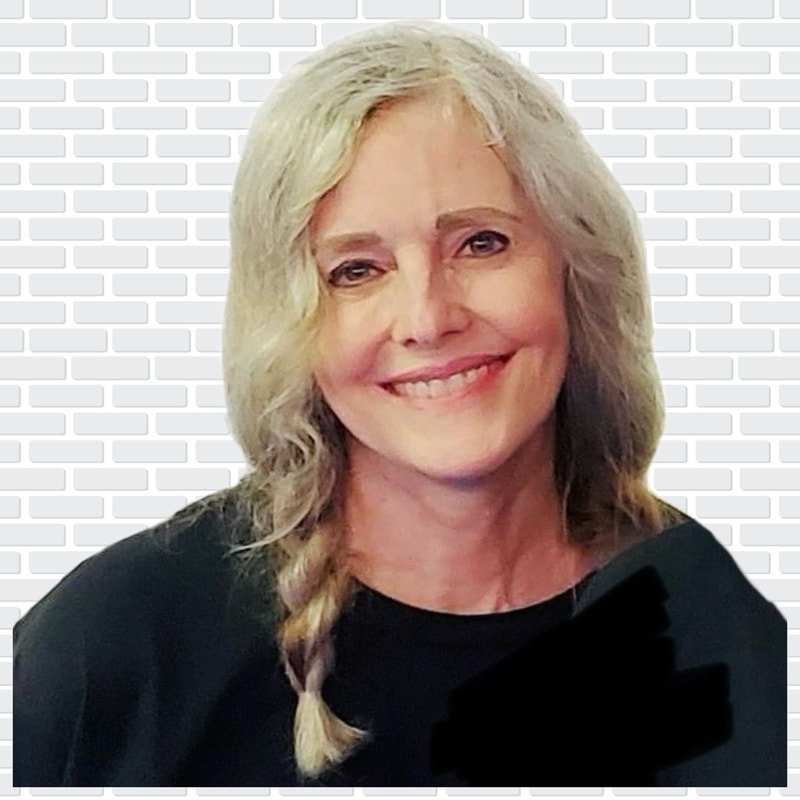Martial Arts is a general term that encompasses pretty much anything and everything in the combat arts: safety, self-defense techniques, community involvement, sport fighting, fitness/cardio boxing, leadership/character development, special programs etc... Karate on the other hand, is a TYPE of Martial Art that is Okinawan/Japanese in nature, specific about curriculum and taught in a traditional manner. It is the same as "dance" being a broad term and "ballet" as a specific type. Is one better than the other? Nope. So how do you pick? Here are some things to consider as you do your research:
What is each schools method and mission for training? In my opinion there are 2 types of schools: leadership academies and traditional curriculum academies.
A leadership academy borrows from many sources (often Tae Kwon Do, American Kempo and Krav Maga) They use drills from many sources to create an environment geared specifically for the personal/character development of the individual student. Focus, confidence and self-esteem are primary goals for their students. There are often many projects geared towards community service offered. Leadership academies are often part of a collective/franchise (multiple schools with the same name) overseen by an individual referred to as "master" who trains their staff in both curriculum and sales. This "master" chooses curriculum and business methods for all locations. Being American in origin, there be can a bit of a military influence in this type of school. Students refer to teachers as "Sir" and "Ma'am" and sometimes "Master". Pricing is tiered and there are many levels or "belts" to be earned. Belts are often awarded on a timeline (3months, 6 months etc) Black belts are typically offered at several age levels, from young children to adults. The broad term "Martial Arts" is often used by leadership schools due to their very eclectic nature. These schools are very successful and held in high esteem by their students and their families for good reasons.
Karate dojos are traditional curriculum based academies. There is specific material taught from specific Karate systems or styles. For example, at Kensho we use Kenpo, Jiujitsu, Kobudo (weapons) and other Okinawan styles to create our curriculum. Within the realm of Karate you will also find schools dedicated to Goju Ryu, Shotokan, Uechi Ryu etc. Students learn drills and kata (forms) that others all over the world are learning too. The goal of this training is also personal development, the only difference being that it is developed through the study of a traditional art. A teacher is called "Sensei" and often holds rank in one or more styles. Japanese terminology is used (much like French is used when teaching ballet). Traditional dojos are typically independently owned with the head instructor teaching all students directly. Belts are not automatically earned and are awarded based on specific merit. Instructors are constantly training in their art, usually from individuals not associated with their own dojo. A karate student will often have the basic skills, knowledge and vocabulary needed to train at traditional dojos anywhere worldwide.
PRICE! Besides the type of school to choose, tuition cost is always a consideration. Be sure to ask about costs beyond the first year and what these costs include. Do costs significantly change as the student moves into their second year of training? Are there additional test fees and equipment charges? Is there any financial commitment that goes beyond one year? What happens if a hardship occurs and a payment is missed? Under what circumstances is cancellation of programs allowed? Be sure to understand if you are dealing financially with the school owner or a third party billing company. This may not be of any importance but it is still good to know. An agreement between you and an independent owner may be more negotiable than a contract taken with a third party billing company. Price shopping alone isn't the best way to choose because what is offered for each price varies with each individual school.
BELTS! Do they matter? Is a black belt from one school better than a black belt from another? Big Nope. Every school has their own standards for ranking. In modern society, (even worldwide) rank is significant only in the studio from which it was earned. Rank helps students set goals. No matter how much rank a person has, a well developed martial artist will always wear a white (beginners) belt when visiting another school or attending a seminar. I wear a white belt when training in Okinawa and often in my own dojo as well. Choose your school for the values you perceive, not for what rank can be earned and how quickly. These days, no one really cares.
Are you still wondering if one type of school is better than the other? Like choosing a flavor of ice cream, it is all about preference. Some parents want a fun activity for their child that will build their confidence and social awareness. Some parents prefer classical training as a means for their child to develop focus, maturity and work ethic. Some parents just want a place that is close to home. Everyone will recommend their own school. Listen to the referrals but do your own homework; talk to instructors and visit several schools. Each studio has a "vibe"; you as a parent will know what is best for your child! There are probably 10 schools in the same area as mine. I know of every owner and what they teach. Each one is credible and has its own unique value. Each one has an "intro" to allow students to try out the program. Unfortunately, choosing a Martial Arts experience for yourself or your child takes more than just reading reviews. Most instructors will point you in the right direction if what you seek is not a good fit, I know I always do :)

 RSS Feed
RSS Feed
